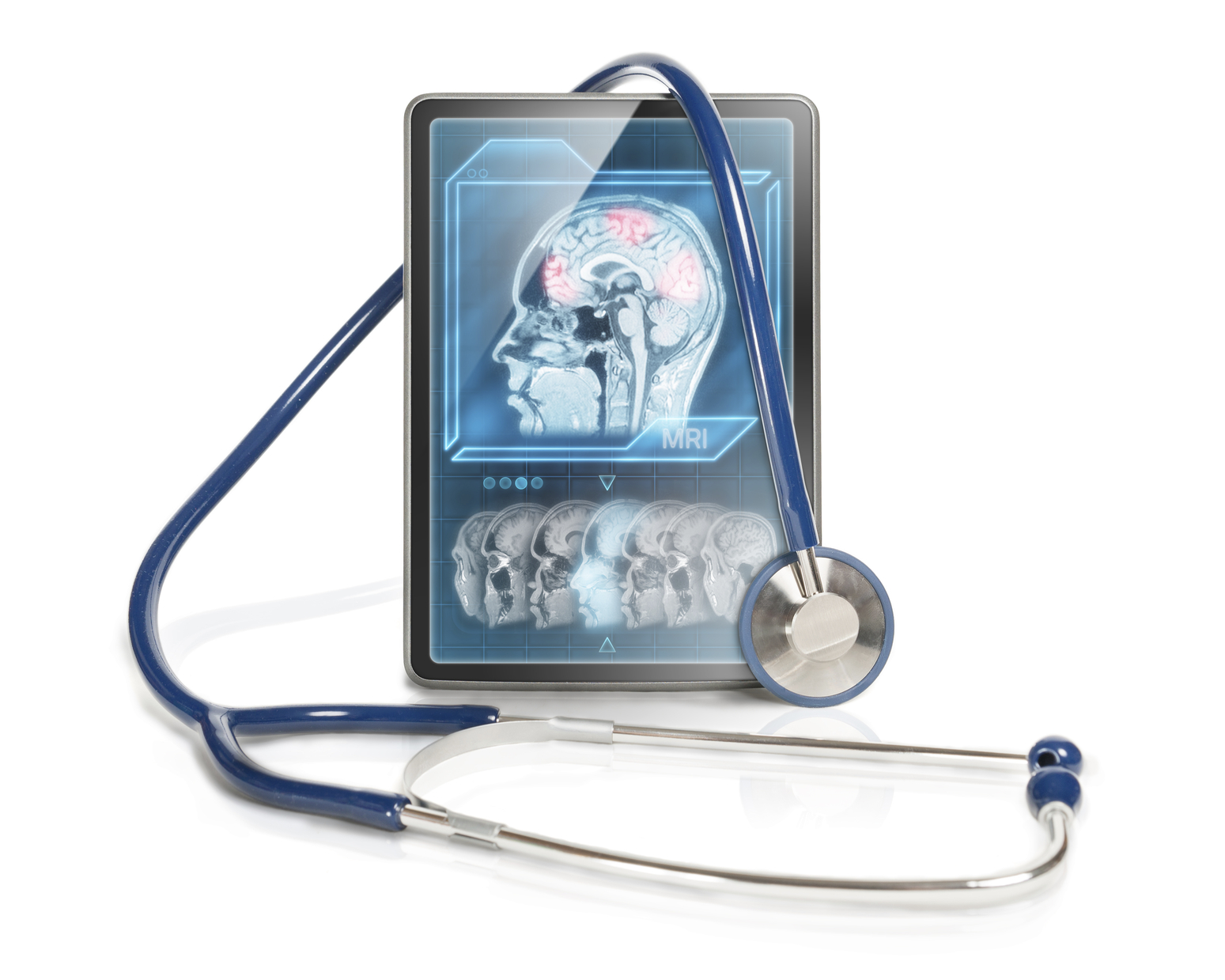
As with any new technology, guidelines for the appropriate use of AI in healthcare have been slow in coming, but that has changed with the rollout of a new ANSI-accredited standard by the Consumer Technology Association.
More than 50 organizations – including tech giants such as Google, IBM, Amazon and Microsoft – participated in the discussions aimed at building a common foundation for new healthcare projects using AI and related technologies.
“AI will play a major role in driving efficiency in healthcare and will support clinicians in making more precise diagnosis, offer personalized treatment and better guidance towards improved outcomes,” Pat Baird, co-chair of the working group and regulatory head of global software standards at Philips, said at the rollout. “This implies that AI will be used for decision support and decision making, which stresses the need for professionals to be able to take ownership, apply judgment and empathy. Transparency and a common language will be key to enable the proper and safe functioning of AI.”
The new standard created common definitions for often-misunderstood terms, including de-identified data, synthetic data, remote patient monitoring, and assistive intelligence. It also created guidance to improve the integrity of data used to develop these tools, and to make AI more “trustworthy” by reducing bias.
“This standard creates a firm base for the growing use of AI in our health care—technology that will better diagnose diseases, monitor patients’ recoveries and help us all live healthier lives,” said Gary Shapiro, president and CEO, CTA. “This is a major first step – convening some of the biggest players in the digital health world – to help create a more efficient health care system and offer value-based health care to Americans.”
In addition to the range of tech and clinical giants, smaller digital health startups, including Livongo and CarePredict, were involved in the discussions.
“As health systems and providers use AI tools such as machine learning to diagnose, treat and manage disease, there’s an urgent need to understand and agree on AI concepts for consistent use.,” noted René Quashie, CTA’s vice president of policy and regulatory affairs for digital health. “So far, common terminology has defined the intent of use — and that’s one of the most significant challenges in developing standard application of AI.”


